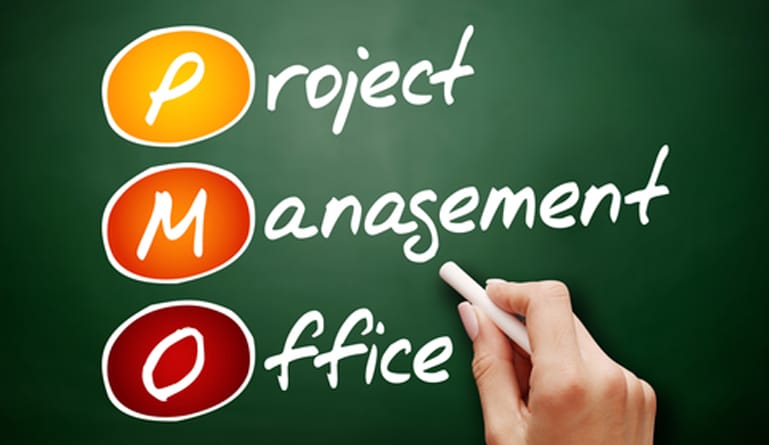Make sure your next project audit is successful with the right project audit methodology.
Project audits are an essential aspect of almost every business but how can you guarantee that you’re performing a successful audit for your company?
As a project management officer, it is necessary to run project audits to ensure that projects are running smoothly and accomplishing their intended tasks. It can be difficult, though, to know the best project audit methodology to implement to ensure that you are properly assessing company projects. Without understanding the best project audit process for any project that you are auditing, it can easily become a very difficult task.
Before you determine the best way to audit company projects, it’s essential to understand why project audits are necessary. The Project Management Body of Knowledge (PMBOK) explains it best. “Audits ensure the composition of a project’s configuration items is correct and that the corresponding changes are registered, assessed, approved, tracked, and correctly implemented.” Without a proper audit of company projects, it’s safe to assume that most projects would get off course and company funds would be misused.
Before you begin to conduct any project audit, it is wise to create a project audit checklist to ensure that your audit is completed smoothly and successfully. If you are unsure of how to begin this checklist there are many free tools online that can be of some assistance. For any project audit that you perform, it is essential to include a team that reviews processes and internal methods. Assessing project processes means checking that any sponsors, managers, team members, and stakeholders all understand and are working toward the projects directive. It is important to remember that no matter what project audit methodology is utilized, a total review of each element within the methodology is necessary.
Essential Parts to a Successful Audit
Planning– It is essential to review how your company plans a project and develops the timeline for that project to be executed. Reviewing project planning processes will help you improve future planning of other projects.
Monitoring– This part of the audit should provide an in-depth look at the responsibility of staff members working on a project and if they’re achieving their project goals.
Inspection of Work– It is necessary to understand what checklists were utilized to ensure a project is feasible, how often the project is analyzed to ensure that if something is out of order it is properly taken care of, and who is responsible for keeping the project on track.
Safety– Safety is a huge aspect of a project audit because it is essential to ensure that all employees are safe and that their project guidelines are safe as well.
Client Goals– Companies cannot survive without clients so an essential part of a successful project audit is to see how well client’s goals are met and if those goals are met within deadlines.
Money- When performing a project audit, look at how budgets were formed and how costs were controlled. It is essential to understand how company money was spent when conducting a project audit. Any areas of a project where money is involved will either be an accepted aspect necessary to complete the project or an excellent place to make a change in project processes.





